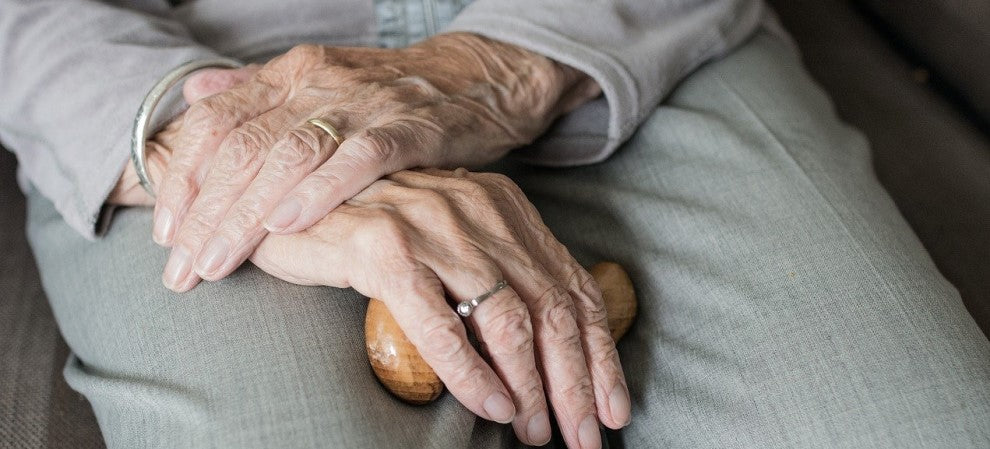Loneliness is becoming a real problem across the UK. Nowadays, more than 25% of UK households contain just one person. More reports and studies are linking loneliness to health problems among older people.
In fact, according to Age UK, more than 2 million people in England over 75 live by themselves. A recent study, by the Campaign to End Loneliness charity, unearthed some alerting facts and figures:

- Half a million older people go at least five or six days a week without seeing or speaking to anyone at all.
- Two fifths all older people (about 3.9 million) say the television is their main company.
- In 2016, there were 1.2 million chronically lonely older people in the UK, according to Age UK.
How Loneliness Can Damage Your Health
A report published in 2016 said that loneliness can increase the risk of a stroke or heart attack by almost a third. The report also compared the effect of social isolation to that of anxiety or work-related stress. During the research, British scientists analysed data on more than 181,000 people and found that being lonely raised the chance of heart disease by 29% and stroke by 32%. Of the 181,000 patients involved, 4,628 suffered heart disease and 3,000 had a stroke. Experts have long warned that social isolation takes a severe toll on mental health, but this is the largest study to have shown it has a dramatic impact on physical health.
Loneliness is deadlier than obesity
A more recent report suggested that loneliness is deadlier than obesity and that it should be considered as a major public health hazard. American researchers looked at 218 studies into the health effects of social isolation and loneliness, involving just under four million people. They found that lonely people had a 50% increased risk of early death, compared to those with good social connections. Obesity, in contrast, raises the chance of dying before the age of 70 by around 30%.Hobbies to Fight Loneliness
One of the best ways to combat loneliness is by picking up a new hobby. There are plenty of hobby ideas out there for older people, but some are especially helpful in boosting your social life. These include:- Sporting Activities - Such as walking football, golf, tennis or bowls.
- Community Groups - Such as coffee mornings, exercise classes and board game clubs.
- Adult Learning - Pick up new skills such as I.T and English. You can take classes online or in person.
- Social Media - Skype and Facebook allows people to video call and message their friends and family.

